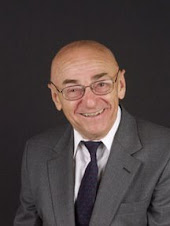If college is seldom about thinking and learning anymore, that’s because very few people are interested in thinking and learning, students least of all. As Richard Arum and Josipa Roksa report in Academically Adrift, the number of hours per week that students spend studying for their classes has been falling steadily for decades and is now about half of what it was in 1961. And as anyone associated with a college can tell you, ambitious undergraduates devote the bulk of their time and energy, and certainly of their passion, to extracurriculars. Pinker, in the response I mentioned, wonders why he finds himself addressing half-empty lecture halls. I can tell him why: because his students don’t much care about the things he’s trying to teach them.
Why should they, given the messages that they’ve received about their education? The college classroom does or ought to do one thing particularly well, which is to teach you to think analytically. That is why a rigorous college education requires you to be as smart as possible and to think as hard as possible, and why it’s good at training people for those professions that demand the same: law, medicine, finance, consulting, science, and academia itself. Nor is it a coincidence that the first four of those (the four that also happen to be lucrative) are the top choices among graduates of the most selective schools...
Instead of treating higher education as a commodity, we need to treat it as a right. Instead of seeing it in terms of market purposes, we need to see it once again in terms of intellectual and moral purposes. That means resurrecting one of the great achievements of postwar American society: high-quality, low- or no-cost mass public higher education. An end to the artificial scarcity of educational resources. An end to the idea that students must compete for the privilege of going to a decent college, and that they then must pay for it...











 Charles Darwin (
Charles Darwin (













